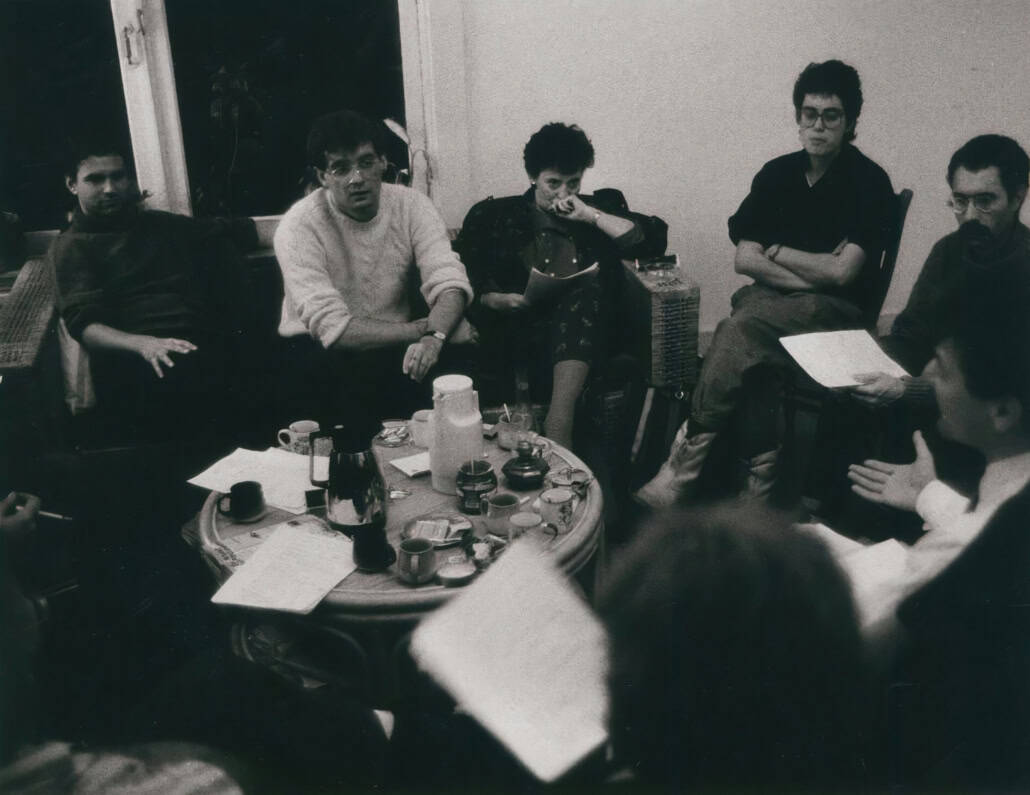It’s Important to Find the Right Balance
Welcome to another episode of word play, where I have fun juxtaposing similar words in new, useful and entertaining ways.
This blog style may feel familiar to regular readers, many of whom also live and/or work in the family wealth transition space like I do.
Helping families overcome some of the challenges with transitioning their business or wealth to the next generation is quite the little niche, but over the years I’ve come across lots of folks here, from all over the world.
Many of us are drawn to do this kind of work as a sort of “calling”, which is one of the words I often use to describe my own A-Ha moment when I finally figured out what I wanted to be when I grew up, which occurred when I was 48.
So that’s where I’ll start, with the idea that this kind of work is often a true vocation.
Vocation as a Strong Feeling
I just asked my friend Mr. Google for the meaning of “vocation”, and he says it’s a strong feeling of suitability for a particular career or occupation.
I’m not sure I could sum it up much better or in fewer words, so let’s go with that.
That strong feeling brings with it a lot of positives, of course.
“It doesn’t feel like work when I’m doing this” is a common statement made by those who are lucky enough to have found theirs.
But naturally, I think, such positives usually have a corresponding negative, and that’s where we’ll go next.
It won’t surprise some of you that a recent peer group meeting is at the genesis of this blog post.
In fact, this is already the second post to emerge from that particular encounter, the first one being Circle Gets the Square – Non-Hollywood Version.
“I Really Need a Vacation”
This peer group runs on a “school year” calendar, from September to June.
So the wrap-up for the year just took place, and it was a full day, in person get-together.
As we were each doing our check-in with the group, I was struck by how many of us, myself included, mentioned how tired we were, and how much we were looking forward to some time off this summer.
That got me thinking that perhaps this wasn’t just some coincidence, but that maybe there’s something to this worth exploring further.
To do this work well, you need to put more than just your brain to work, because when you work with families, emotions are never far away.
While we also work hard not to become enmeshed with clients, that’s also another workload to consider.
Rodeo Clown and Court Jester
Things can get messy and scary at times when you’re playing a facilitation or mediation role among family members.
The ability to bring some levity to situations that are getting serious has us sometimes play the role of a “court jester”.
Other times, we need to jump in and be the rodeo clown, you know, those guys who jump in the ring with the wild bull after the rider gets bucked off, so everyone can escape without getting hurt.
Having said that, I just completed a wonderful family meeting recently with a family I’ve been working with for a few years, and I left feeling great, and on a high.
But, I was burnt out too, because the job of holding that space is exhausting, with much of the effort going into making it look easy.
We Are the Main Instrument in our Work
Sitting in a room with members of the same family when you are the only outsider (or one of a very small group of outsiders) is a special privilege that not many people get to experience.
We arrive with a proverbial toolbox and our experience, but we are there to take care of the process, while the family members supply the content.
That means that while we can (and do) plan these meetings, we don’t always know how things will play out.
We need to bring our whole selves to such meetings; we are the main instrument of our work, the craftsman who brings the toolbox.
The tools themselves are not worth much in the wrong hands.
It’s hard work. And it’s rewarding.
And you need to take time off to rest and recover before you burn yourself out.





















